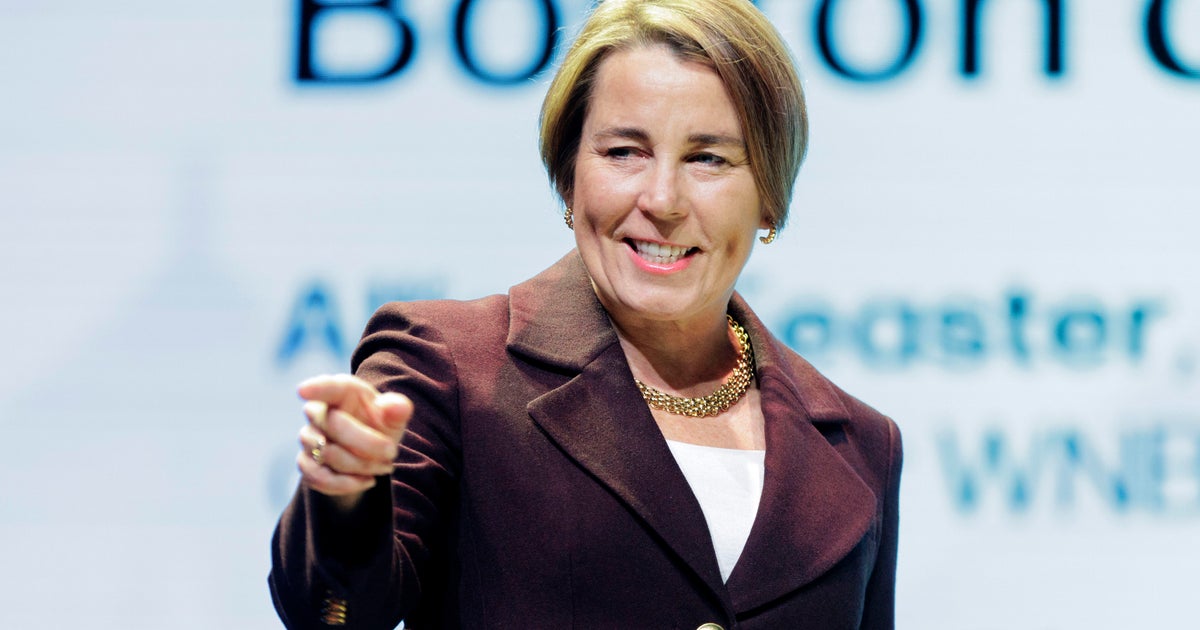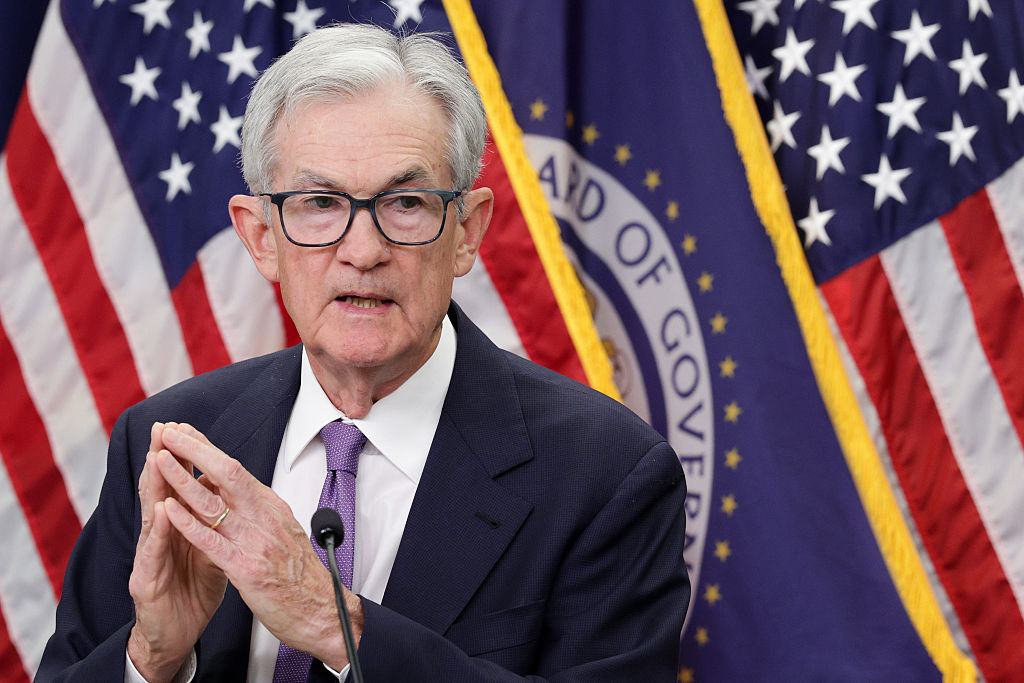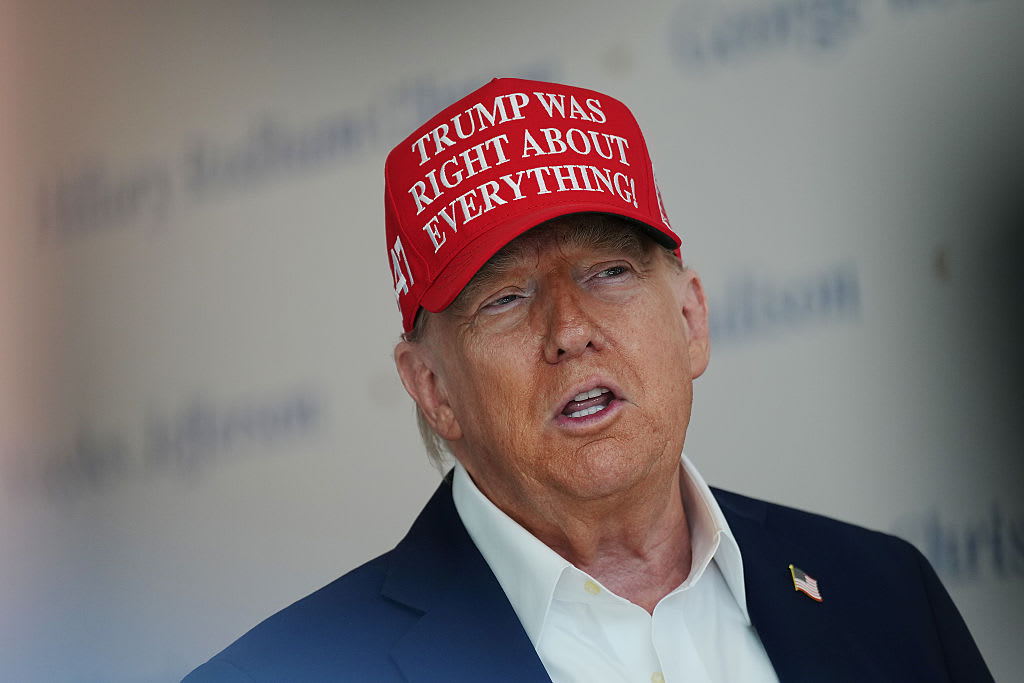The Fed points to trade as the main reason the economy is losing speed
- The Federal Reserve's minutes of its July interest-rate setting meeting show policymakers blame the slowing U.S. economy on President Trump's trade feud with China and other nations.
- Fed officials also said uncertainty over trade was the source of the recent drop in business investment in the U.S.
As President Donald Trump doubles down on his theory that the Federal Reserve is the main reason the U.S. economy is slowing, Fed policymakers are starting to push back.
In a series of tweets, Mr. Trump again attacked the U.S. central bank and its chairman, Jerome Powell, for not cutting interest rates enough, which the president maintains is stifling economic growth.
But in notes from their July meeting, which were released on Wednesday, Fed policy makers repeatedly cited the Trump administration's growing trade war with China and other countries as the primary reason the U.S. economy is at risk.
Fed officials also said trade uncertainties were an important factor in the recent drop in fixed business investment in the U.S., a key factor that Mr. Trump and his economic advisers have pointed to as evidence that the economy is stronger now than under President Obama.
The Fed's account doesn't mention Mr. Trump directly. But the word trade shows up 32 times in the minutes, though not all of it is negative. A number of times the Fed notes that an easing of tensions between the U.S. and China in July had helped the economy. In early August, Mr. Trump signaled that he would levy new tariffs on China, though the president has since delayed when those tariffs would go into affect.
A worrisome dip in business investment
Business investment has been a key measure for Mr. Trump and his advisers in arguing that the economy has sharply accelerated under his watch and that the massive tax cut he enacted in late 2017 were a success. Last summer, the president noted that business investment was rising at an annual rate of 9%, which he described as a "tremendous increase" that hadn't been seen in "many, many years--decades."
Business investment can be important for future economic growth, but its impact is less clear when it comes to forecasting a recession. Consumer spending makes up 70% of economic activity. And in an asset-light, high-tech, information-driven economy, traditional business capital spending perhaps matters less than it used to. But business investment can be useful as an indicator of corporate America's economic mood.
Either way, last year's business investment increase has been less sustainable than Mr. Trump predicted—hurt, at least in the Fed's view, by U.S. and global trade tensions. The annual rate of growth of business investment has shrunk to 1.4%, from the 9% Trump cited a year ago. On top of that, the New York Times noted on Wednesday that business fixed investment is now running below what the CBO forecast in April 2018, and has been since last fall.





